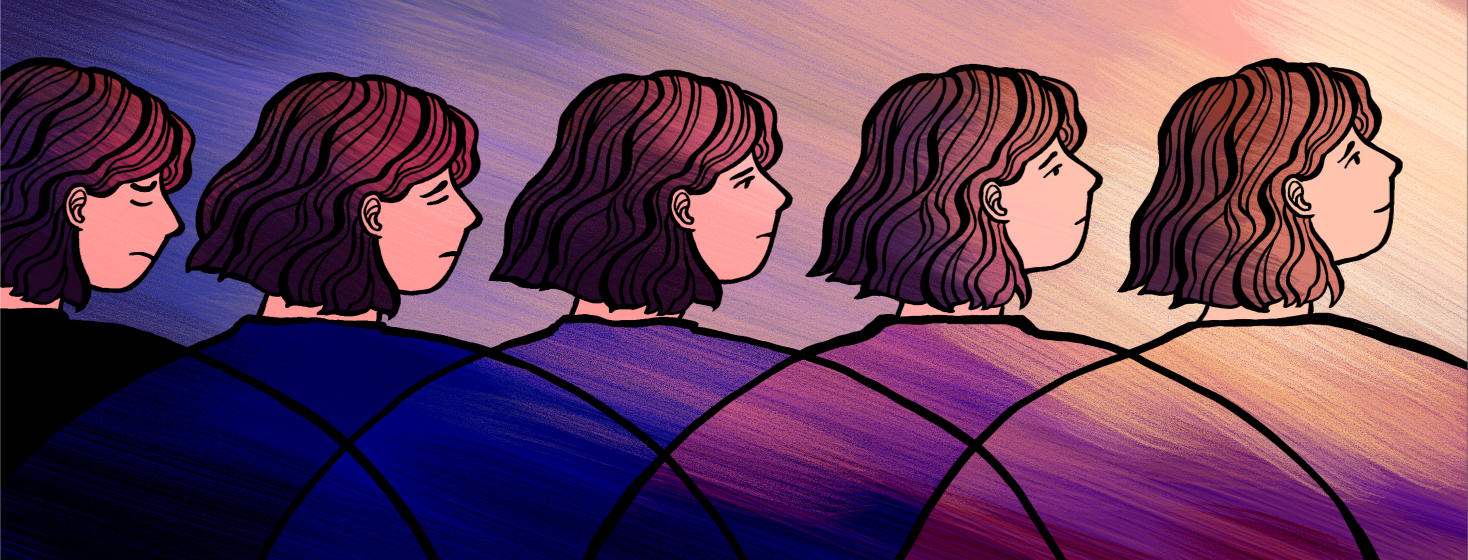Grieving Death With Eczema
Living with eczema is hard enough but living with eczema and going through a death in the family is even harder. So far, I have experienced two significant deaths close to me: my godfather (my mother’s younger brother) and, most recently, my father ascended to heaven in June 2022.
How did my family's loss affect me?
Both affected me in different ways. With my godfather, it was my first experience with the death of someone I knew well. It shocked me to my core like a ton of surprise bricks. I didn’t know what to do, and I found myself feeling overwhelmed with emotion, anxiety, and fear. I ended up in a full-body flare from head to legs which took me years to recover from. Nearly 20 years later, my father's death was also painful, but my experience was very different. Because I had learned so much from going through my godfather's death and had learned a lot more about what I needed to stay afloat emotionally and health-wise. I was a lot more prepared and well-equipped to survive that painful loss with more grace, compassion, and self-care. And my skin, for the most part, remained clear and healthy.
In this article, I will share my best tips with you to help you as an eczema warrior to prepare for the anticipation of the death of a loved one as well as how to go through the loss itself and make peace with it afterward.
How can you prepare?
Preparation is key! Once you know that a loved one's health is declining (maybe they’re developing dementia, not as energetic as they used to be, etc.) and that there is the potential for them to pass in the near future (especially within the next year or two), it would be a good idea to do research on how to prepare for their funeral, so everything goes as smoothly and stress-free as possible for everyone.
Write down a bucket list of all the things you would like to do with the person or tell that person before they pass on. Even if they end up living a really long time afterward, do it now. This way, when they eventually pass on, you can let them go with peace of mind and without regret.
How can caffeine help?
If you can tolerate it, find a really good coffee or tea brand (or another source of caffeine) that you enjoy and that your skin tolerates well to help you feel better after crying and grieving. For me, just anticipating my father’s death before it happened would get me balling my eyes out. I would feel so sad and depressed that, at times, it almost felt like I didn't want to live anymore myself.
But thankfully, I'm very in touch with my body, and I intuitively started to crave more caffeine. Not in an addictive way but more in a therapeutic way to treat my depression overthinking about him passing soon. I know it sounds strange with all the health scares going on about anything and everything out there that you can consume. But with caution and balance, I think that you can enjoy moderate amounts of caffeine (like 1 or 2 cups of coffee, tea, or hot chocolate per day and not necessarily every day, just as needed) to help boost your spirits.
How have grief support groups helped me?
Online grief support groups have been one of the most impactful things that have helped me to prepare for and process the death of my father. Just being around other people who have gone through similar losses to me – and oftentimes for much longer, who are still processing it years and even decades later – gives me a strange form of support and comfort in knowing that you can go through such deep personal pain and still continue to live your life for a very long time after the loss. DeathCafe.com is a website that shares free online grief support groups. Before the pandemic, they would usually meet in person over coffee at a cafe (which makes total sense, given my previous tip about therapeutically using caffeine to counter grief and depression). Though these days, many of them are online over Zoom because of COVID.
I hope these tips help you out if you have any of your own, please leave them in the comments below! Wishing you and your loved ones much comfort and peace.

Join the conversation